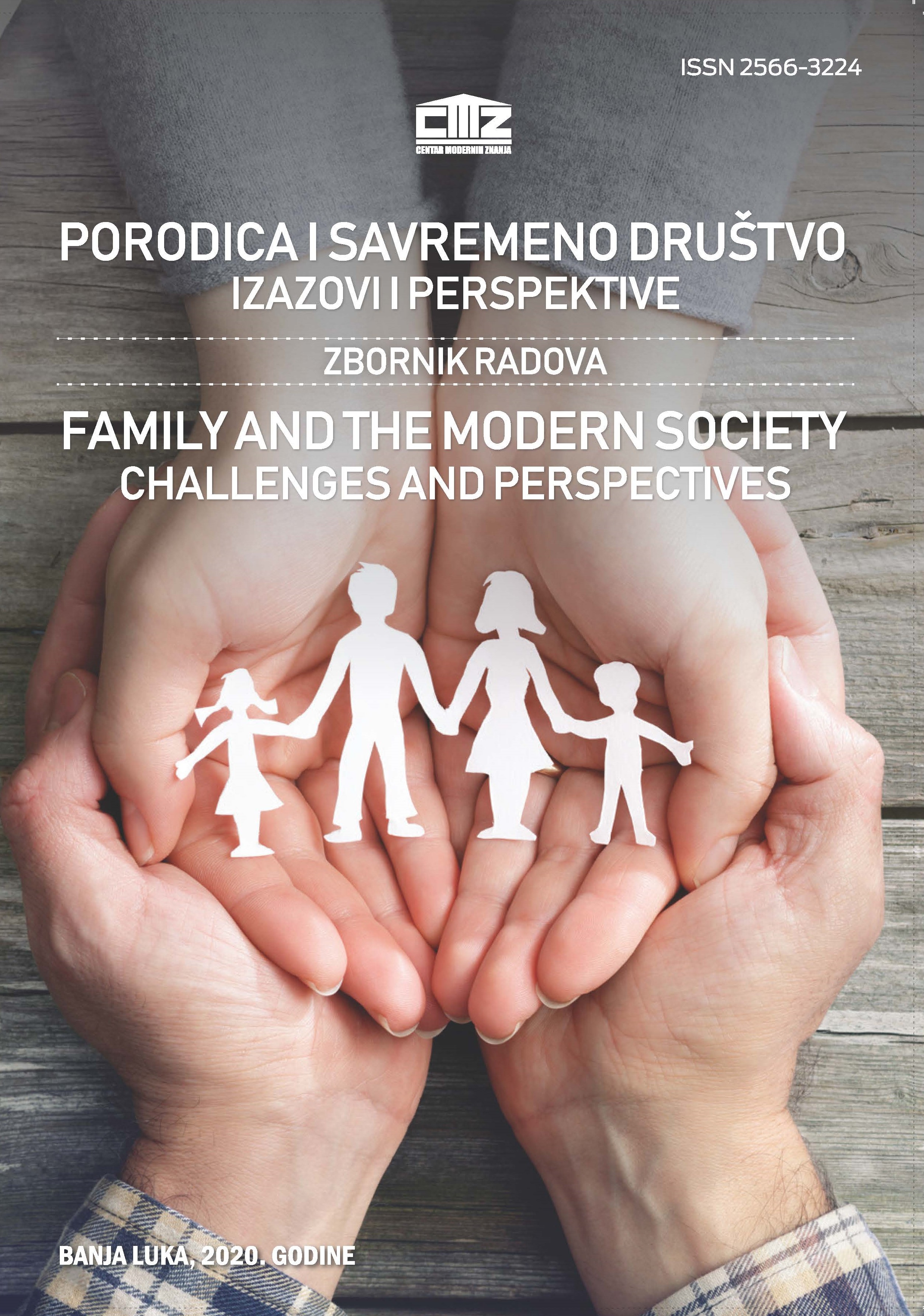ULOGA KVALITETE OBITELJSKIH INTERAKCIJA NA PONAŠANJA DJECE U VRŠNJAČKOM NASILJU
THE ROLE OF QUALITY OF FAMILY INTERACTIONS ON CHILDREN'S BEHAVIOR IN PEER VIOLENCE
Author(s): Anna Alajbeg, Sonja Kovačević, Joško BarbirSubject(s): Education, Behaviorism, Studies in violence and power, Victimology, Social Norms / Social Control
Published by: CENTAR MODERNIH ZNANJA
Keywords: peer violence; family interactions;
Summary/Abstract: Peer violence in the contemporary scientific literature is recognized as a widespread and serious public health problem with long-term negative consequences for children and young people participating in it. According to Bronfenbrenner's social-ecological theory, peer violence is viewed as the result of a complex interactive interconnection of individual and contextual factors (family, school, etc.) and outcomes over time. Peer violence is analyzed as a group phenomenon in which children can be engaged in roles, namely: victims, bullies, active assistants, passive assistants, defenders and bystanders. Therefore, the aim of this paper is to provide an overview of the research to date that has addressed the role of family (interaction quality) factors in different children's engagement in peer violence. The review of research so far seeks to contribute to a better understanding of the phenomenon of peer violence, and in particular the factors that predict it, and may be an important new starting point for the design of school-based prevention programs.
Journal: DRUŠTVENE DEVIJACIJE
- Issue Year: V/2020
- Issue No: 5
- Page Range: 110-118
- Page Count: 9
- Language: Croatian

